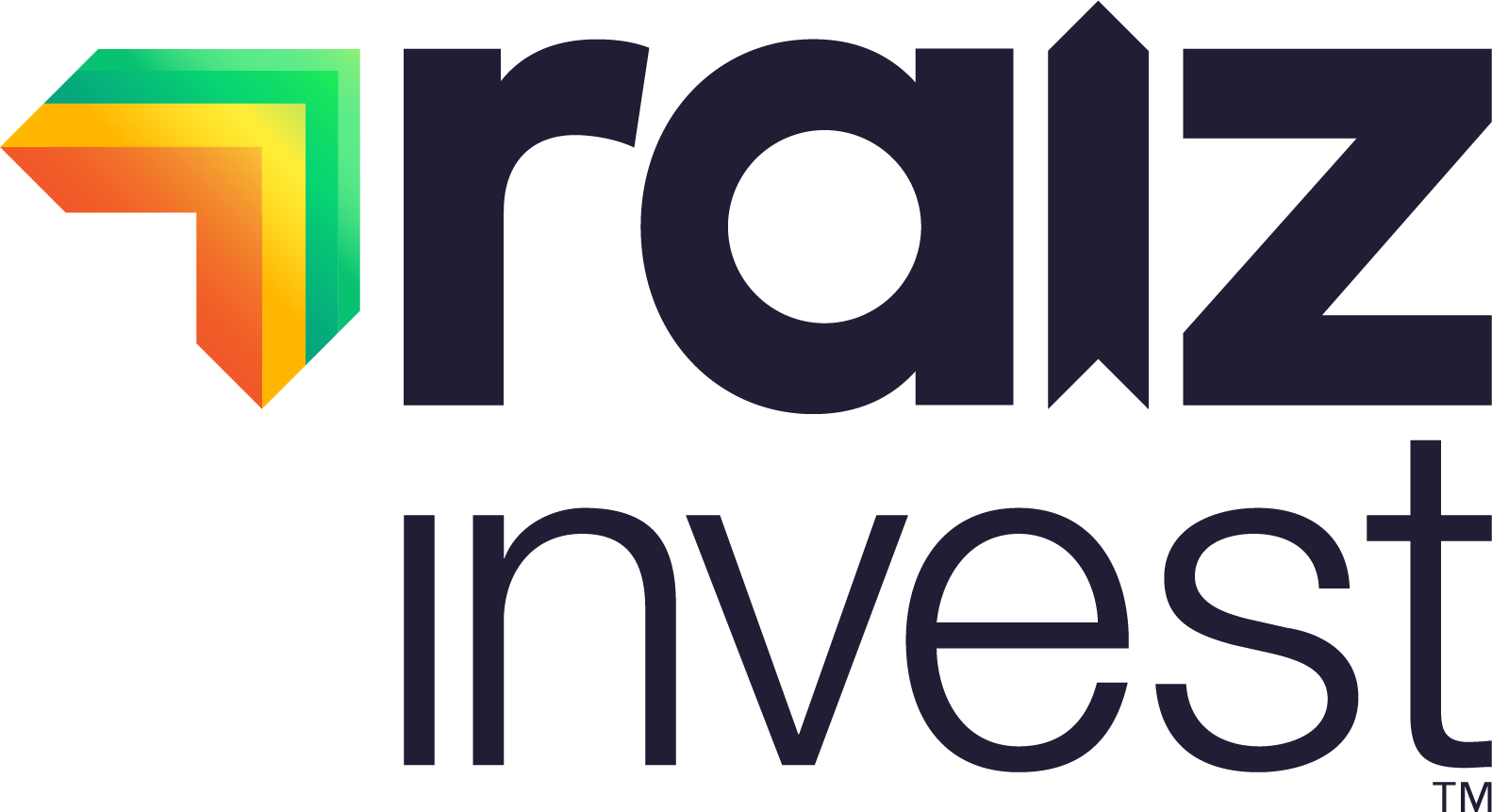Investors desert tech stocks early in 2022

10-01-2022
George Lucas, Raiz Group CEO
The first week of 2022 saw investors ditching shares of fast-growing technology companies in favour of less hyped businesses — a big change from 2021. Last year, the S&P500 Index generated a return of around 27 per cent driven mainly by tech and “pandemic-era” stocks. Things could now be changing.
Remember, there’s more to US equities than tech stocks, which have been the main driver of the US stock market over the last couple of years. While the Nasdaq Composite Index is very heavily weighted to tech stocks, the S&P500 Index is a broader indicator of the US stock market. The Russell 1000 Index is even broader, representing the top 1000 US companies by market capitalization.
Rocky first five days for equities
Turning to the current state of play, the Nasdaq Composite shed 4.5 per cent in the first five trading days of 2022, which is not a good look and something that we don’t see very often in January.
Notably, the recent falls are not just in tech stocks, but also in other “pandemic-era” consumer facing stocks like Oatly [NASDAQ: OTLY] which produces Oat Milk.
Such Pandemic-era stocks, particularly those of fast-growing and lossmaking companies, have been sold off the hardest for a while, but this week the sell-off extended to blue-chip tech names like Apple and Google-owner Alphabet that are among the largest in benchmark US stock indices.
As investors turn away from pandemic-era stocks the shares of banks, oil majors, big industrial groups are finding favour. Also popular are companies whose fates are closely interwoven with the reopening of the US economy, including airlines and mall operators, which have advanced.
This should benefit markets like Australia, for the moment, which is more heavily weighted to mining and banks.
Sell-off stoked by rising US inflation concerns
The sell-off is not about Omicron as the fear of Omicron has eased in markets as countries re-open. Rather, it is about inflation and the effect it could have on interest rates and central bank policy.
We saw, for example, the US 10-year Treasury yield — a crucial benchmark for global assets — jump from just 1.51 per cent at the end of 2021 to a high of 1.8 per cent. US government bond have yields surged the most in 28 months as concerns mount that the US Federal Reserve will need to raise rates more aggressively than was previously expected to tame inflation.
Adding to the picture is the US labour market, with December jobs data released Friday showing the nation’s unemployment rate edged down by 0.3 percentage points to 3.9 percent. This solidifies the expectation for interest rate increases in the US sooner rather than later.
Interestingly, the US Fed’s last meeting showed that policymakers could find reasons to accelerate the pace of rate rises as uncomfortably high inflation forces them to rechart their policy path.
‘January effect’ pronounced among US stocks
What does this all mean for the year ahead? I’m sorry to say it, but there’s an old saying in the markets that “how January goes is how the rest of the year will pan out”. So, if January is down then the market expectation will be for a down year for US stocks in 2022.
Even so, I think the market can potentially go higher in 2022 and I’m looking for about a 10 per cent increase in the SP500. At the moment, equity investors are taking their cue from the bond market and the part of the stock market most susceptible to those moves in rates are the speculative “pandemic-era” stocks, which are still making a loss. Watch this space.
Don’t have the Raiz App?
Download it for free in the App store or the Webapp below:

Important Information
If you have read all or any part of our email, website, or communication then you need to know that this is factual information and general advice only. This means it does not consider any person’s particular financial objectives, financial situation, or financial needs. If you are an investor, you should consult a licensed adviser before acting on any information to fully understand the benefits and risk associated with the product. This is your call but that is what you should do.
You may be surprised to learn that RAIZ Invest Australia Limited (ABN 26 604 402 815) (Raiz), an authorised representative AFSL 434776 prepared this information.
We are not allowed, and have not prepared this information to offer financial product advice or a recommendation in relation to any investments or securities. If we did give you personal advice, which we did not, then the use of the Raiz App would be a lot more expensive than the current pricing – sorry but true. You therefore should not rely on this information to make investment decisions, because it was not about you for once, and unfortunately, we cannot advise you on who or what you can rely on – again sorry.
A Product Disclosure Statement (PDS) for Raiz Invest and/or Raiz Invest Super is available on the Raiz Invest website and App. A person must read and consider the PDS before deciding whether, or not, to acquire and/or continue to hold interests in the financial product. We know and ASIC research shows that you probably won’t, but we want you to, and we encourage you to read the PDS so you know exactly what the product does, its risks and costs. If you don’t read the PDS, it’s a bit like flying blind. Probably not a good idea.
The risks and fees for investing are fully set out in the PDS and include the risks that would ordinarily apply to investing. You should note, as illustrated by the global financial crisis of 2008, that sometimes not even professionals in the financial services sector understand the ordinary risks of investing – because by their nature many risks are unknown – but you still need to give it a go and try to understand the risks set out in the PDS.
Any returns shown or implied are not forecasts and are not reliable guides or predictors of future performance. Those of you who cannot afford financial advice may be considering ignoring this statement, but please don’t, it is so true.
Under no circumstance is the information to be used by, or presented to, a person for the purposes of deciding about investing in Raiz Invest or Raiz Invest Super.
This information may be based on assumptions or market conditions which change without notice and have not been independently verified. Basically, this says nothing stays the same for long in financial markets (or even in life for that matter) and we are sorry. We try, but we can’t promise that the information is accurate, or stays accurate.
Any opinions or information expressed are subject to change without notice; that’s just the way we roll.
The bundll and superbundll products are provided by FlexiCards Australia Pty Ltd ABN 31 099 651 877 Australian credit licence number 247415. Bundll, snooze and superbundll are trademarks of Flexirent Capital Pty Ltd, a subsidiary of FlexiGroup Limited. Lots of names, which basically you aren’t allowed to reproduce without their permission and we need to include here.
Mastercard is a registered trademark and the circles design is a trademark of Mastercard International Incorporated.
Home loans are subject to approval from the lending institution and Raiz Home Ownership makes no warranties as to the success of an application until all relevant information has been provided.
Raiz Home Ownership Pty Ltd (ABN 14 645 876 937), an Australian Credit Representative number 528594 under Australian Credit Licence number 387025. Raiz Home Ownership Pty Ltd is 100% owned by Raiz Invest Australia Limited (ABN 26 604 402 815).



